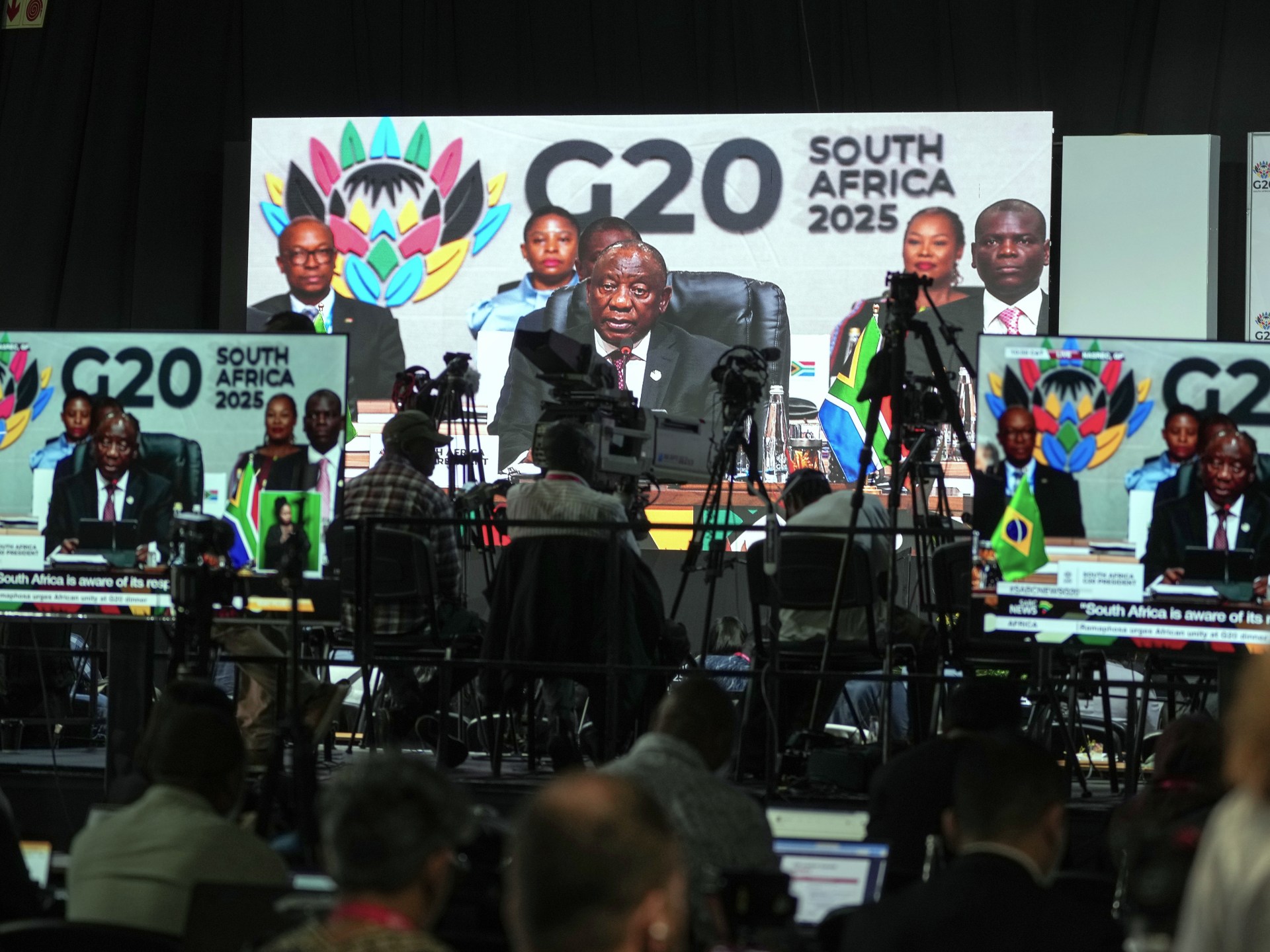A Presidency's Unfulfilled Promise
South Africa's G20 presidency had positioned itself as a pivotal moment for addressing global debt distress. However, the final leaders' declaration merely reaffirmed commitments to "strengthen the implementation of the G20 Common Framework" without introducing innovative solutions. Compounding the summit's shortcomings, former United States President Donald Trump notably skipped the gathering, signaling Washington's continued shift away from multilateral engagements and further dampening hopes for collaborative action. This summit also marked the end of a brief period of Global South leadership within the G20, following Indonesia (2022), India (2023), and Brazil (2024), with the US poised to assume the presidency on December 1.
The Scale of the Debt Challenge
Representing 85% of global GDP and two-thirds of the world's population, the G20 — comprising 19 advanced and emerging economies, the European Union, and the African Union — has previously acknowledged the severe impediment high debt levels pose to inclusive growth in developing economies. An October meeting of G20 finance ministers recognized debt as a barrier to investing in critical areas like infrastructure, healthcare, and disaster resilience. Yet, their commitment to addressing "debt vulnerabilities" remains largely unfulfilled in practice. The much-criticized Common Framework, launched five years ago to simplify debt restructuring, continues to underperform, failing to complete deals for any of its four participating countries (Ethiopia, Zambia, Ghana, Chad) and providing minimal relief.
Africa's Precarious Financial Landscape
Developing countries collectively saw their total debt skyrocket to a record $109 trillion by mid-2025, according to the Institute of International Finance. Factors such as the COVID-19 pandemic, climate shocks, and rising food prices have forced many poorer nations to rely heavily on debt, often at the expense of other crucial investments. Africa exemplifies this predicament, with over 40% of its governments spending more on debt servicing than on healthcare. The continent faces exorbitant borrowing costs, with average bond yields reaching 9.8% in 2023, significantly higher than other regions. Furthermore, Africa requires an annual $143 billion for climate finance but received only $44 billion in 2022, while simultaneously dedicating nearly $90 billion to external debt servicing in 2024.
Calls for Reform Unheeded
Ahead of the G20 communique, 165 charities expressed strong condemnation of the group's sluggish progress on debt sustainability. They urged President Ramaphosa to implement reforms before the presidency transfer, lamenting the lack of tangible advancements for Africa's debt crisis. Proposals included the International Monetary Fund (IMF) selling gold reserves to establish a debt relief fund and the formation of a 'borrowers club' to empower low-income countries against powerful creditors like the Paris Club, which often excludes major lenders such as China.
Experts, including a panel convened by South Africa itself, echoed these calls, suggesting an IMF-backed special debt fund and a debtors' club. However, these recommendations "weren’t even acknowledged at the leaders’ summit," as noted by Kevin Gallagher of Boston University. He suggests South Africa was "outmanoeuvred" by larger G20 members who perceived little self-benefit in reforming the international financial architecture.
The "Double Whammy" of Modern Debt
Historically, initiatives like the Heavily Indebted Poor Countries (HIPC) initiative in the early 2000s offered significant debt cancellation. However, the landscape has since changed dramatically. Post-2008, private creditors largely replaced multilateral institutions as lenders, offering costlier loans. Between 2020 and 2025, nearly 40% of lower-income countries' external public debt repayments went to commercial lenders. China has also emerged as a massive creditor in the Global South, lending over $472 billion through its policy banks from 2008 to 2024.
This shift presents a "double whammy": debt is now both more expensive and significantly harder to resolve due to the fragmented and diverse creditor base. The challenge of coordinating numerous government lenders, commercial banks, and bondholders often leads to protracted crises, stifling economic growth. While an independent debt-restructuring body, akin to a US bankruptcy court, has been proposed (and rejected in the past, notably by the US), the need for a standardized, transparent mechanism is clear. However, the current state of weak multilateral cooperation makes immediate progress on such a solution appear unlikely.

